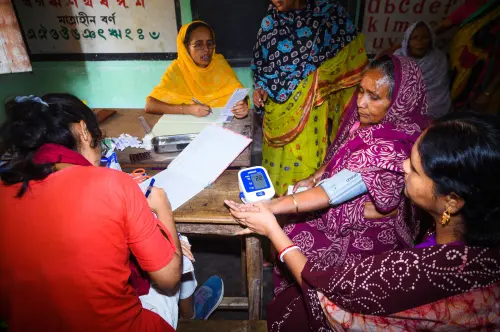INTRODUCTION International labor mobility is increasing, as a matter of policy and a matter of fact. Yet, countries of origin and destination have reached little consensus on how best to mitigate the social costs of a more integrated global labor market. As proposals for temporary worker programs in developed countries spark political debates on immigration reform, national governments and international organizations have been grappling with questions about the welfare and protection of migrants. Reports of maltreatment and exploitation of foreign workers come from all migrantreceiving countries, from the Middle East and Singapore to more traditional migrant-receiving countries like the United States. How can governments ensure migrants are protected while working abroad?
This Insight examines one method of tackling this everincreasing problem from the perspective of the Philippines, a traditional migrant-sending country. It gives an overview of the welfare services that the Philippine government provides to its citizens who are temporary overseas workers rather than permanent emigrants. It is based on interviews with several high-level government officials and migrants’ organizations, as well as on an analysis of several data sources on the welfare and protection services available to overseas workers. Although not a detailed performance evaluation of Philippine programs, the paper provides an understanding of the policies, functions, and challenges that the Philippine government addresses through a unique government institution, the Overseas Workers Welfare Administration (OWWA), to protect its overseas workers abroad.
Countries of origin can play a major role in protecting their migrant workers abroad through an institutionalized welfare fund, but policymakers need to exercise caution given the limitations governments in origin countries face. The Philippine experience highlights the importance of developing state capacity to effectively deliver services, ensuring accountability to and representation of migrant workers, and creating meaningful partnerships within as well as beyond a state’s borders.
The Brookings Institution is committed to quality, independence, and impact.
We are supported by a diverse array of funders. In line with our values and policies, each Brookings publication represents the sole views of its author(s).



Commentary
Protecting Overseas Workers: Lessons and Cautions from the Philippines
September 15, 2007